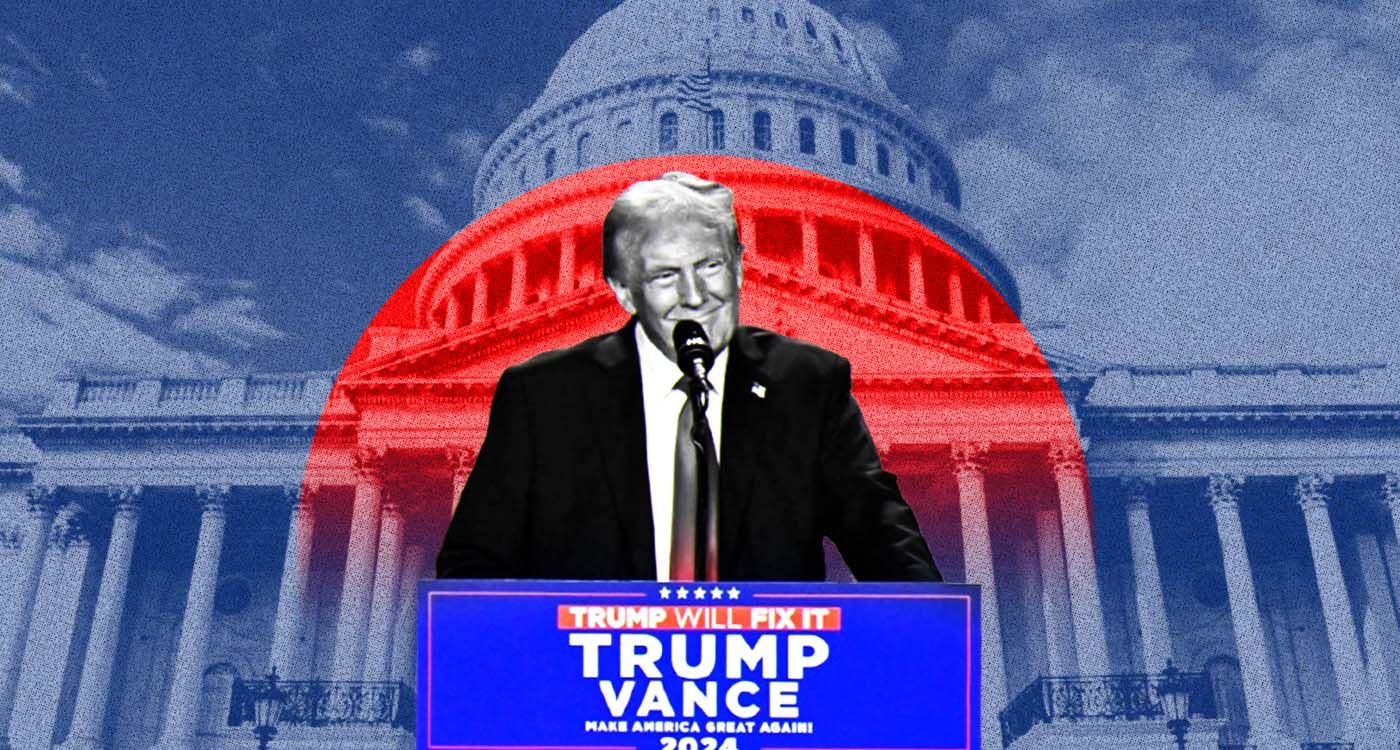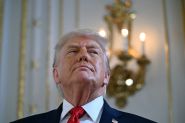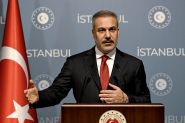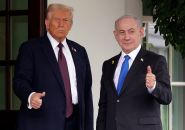- Home
- Middle East
- Three Critical Months Before Trump Takes Office

Israeli Prime Minister Benjamin Netanyahu dismissed Defense Minister Yoav Gallant on November 4, 2024, citing “a lack of trust” amid deepening policy disagreements. Gallant, who was aligned with Biden’s administration, had criticized Netanyahu's approach to handling the Israel-Gaza conflict, warning that it endangered national security and failed to prioritize efforts to retrieve Israeli hostages. Netanyahu appointed Israel Katz as Gallant’s replacement. Katz, a close ally of Netanyahu, is expected to align more closely with his policies, he is well known for his hardline stance on security and defense issues. However, the move sparked internal and public criticism, raising concerns about stability within the Israeli government.
This move comes as the US transitions administrations, right before Trump’s win, the man who promised to end the Middle East conflict, giving Netanyahu an estimated three-month window before potential diplomatic efforts to resolve the conflict. During this period, hostilities could escalate in Lebanon, potentially targeting more Hezbollah positions.
Former President Donald Trump’s recent election victory marks a significant shift in US foreign policy, with potential implications for ongoing conflicts in the Middle East, particularly concerning Lebanon and Iran. With Netanyahu's recent actions in Israel—including the controversial dismissal of Defense Minister Yoav Gallant—Trump's stance may influence the Israel-Lebanon conflict and reshape US relations with Iran and the wider region.
Historically, Trump’s foreign policy emphasized a “maximum pressure” approach toward Iran, which included withdrawing from the Iran nuclear deal and imposing harsh economic sanctions. He strongly supported Israeli interests, including recognizing Jerusalem as Israel’s capital and aligning closely with then-Prime Minister Netanyahu. Given Trump’s alignment with Israel’s security interests, his re-election could see a return to policies that isolate Iran and pressure its allies, such as Hezbollah in Lebanon.
Trump’s administration previously facilitated the Abraham Accords, encouraging normalization between Israel and several Arab states, which further isolated Iran and its regional proxies. In a second term, Trump is likely to continue strengthening alliances with Gulf states and Israel, while intensifying efforts to curb Iranian influence in Lebanon and Syria.
Trump’s re-election brings uncertainty to US-Iran relations, particularly concerning the nuclear issue. His administration’s “maximum pressure” policy led to significant economic strain on Iran, which, in turn, intensified Tehran’s support for proxy forces in Lebanon, Syria and Yemen. Unlike Biden’s administration, which sought to revive the nuclear deal, Trump’s approach is likely to focus on further isolating Iran diplomatically and economically, potentially leading to a renewed escalation in US-Iran tensions.
With Trump in power, Iran may face increased obstacles in its nuclear ambitions, and consequently, in its ability to fund and support proxy groups. Trump’s administration could also work more closely with Saudi Arabia and the UAE to contain Iran’s influence, potentially limiting Iran’s ability to provide resources and logistical support to Hezbollah.
Trump’s return to office could set the stage for a more polarized Middle East, with alliances solidifying around the US-Israel-Gulf bloc against Iran and its proxies. For Lebanon, this may mean continued political and economic instability as Hezbollah faces mounting pressure, both internally and from external actors. This heightened US support for Israeli actions could lead to a fragile security environment, particularly if Israel perceives an opportunity to curb Hezbollah's influence while it faces domestic challenges in Lebanon.
While Trump’s approach may initially empower allies like Israel, it also risks escalating conflicts in the region, with Hezbollah and Iran potentially responding to perceived threats with increased aggression. A hardline US stance could provoke Iran into accelerating its nuclear ambitions or deepening its military involvement in Lebanon and Syria, which could lead to greater instability in the region. Iran is currently in a precarious situation, dependent on both its allies and a new deal to maintain regime stability. If these efforts fail, the country faces the threat of descending into chaos.
After Trump’s win today, Iran's currency, the rial, hit an all-time low. The rial traded at 703,000 rials to the dollar, traders in Tehran said, breaking through the record before recovering slightly later in the day to 696,150 to $1.
Trump’s victory heralds a return to a more hawkish US foreign policy, especially in the Middle East. His close alignment with Netanyahu’s administration and firm stance against Iran could have lasting implications for Lebanon, potentially deepening the crisis with Hezbollah or ending it. For Iran, Trump's return means a challenging diplomatic landscape, as it faces the possibility of intensified economic sanctions and political isolation. As the region braces for this potential shift, the path forward will likely depend on how each side maneuvers to protect its interests amid escalating regional tensions.
Read more



Comments